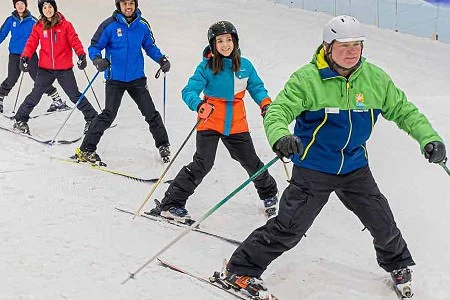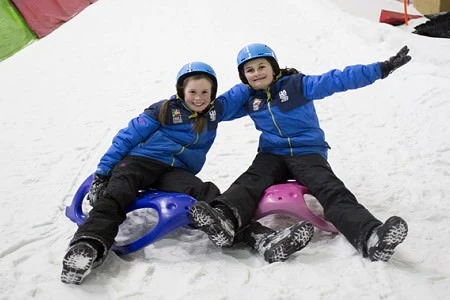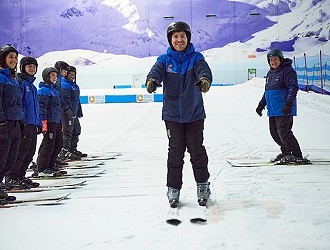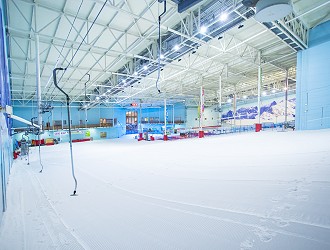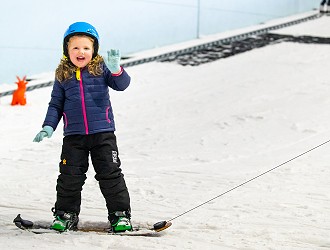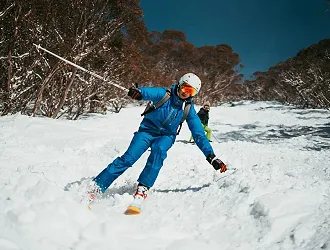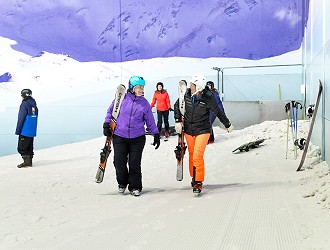Snow is the key ingredient to health and wellbeing

We teamed up with Professor Geoff Beattie for stress awareness month to uncover the psychological benefits of snow.
In a survey of over 1,000 people in the UK, Chill Factore found that 4 out of 5 people believe snow improves their mood, helps them de-stress and helps them sleep. In fact, the mental health benefits outweighed the obvious physical benefits associated with snow sports, such as toning muscles, improving cardio or losing weight.
Professor Geoff Beattie, explains; “Snow has a profound positive effect on us psychologically for a number of reasons. It is a powerful cue for memory, reminding us of childhood and play, and time out of the normal routine. Loaded with feelings of nostalgia, snow is a weather event that often brings families together to share joint experiences. It is often only with us for a short period and therefore we are compelled to enjoy the moment!”
Cognitive, social and emotional psychological benefits associated with snow, include:
Snow releases our inhibitions.
Many adults report that snowfall is one of those events that allow them to play ‘like children’ outdoors, just to go out and enjoy themselves in a non-self-conscious way.
Snow gives us an emotional boost.
Snow is often positively anticipated and that it gives us a break from the routine, allows us to play together and enjoy the moment because it is only temporary, it is often associated with very positive mood state.
A bit of nostalgia can be very good for you!
Research by psychologists from China, including Zhou suggested that having nostalgic thoughts reminds people of their social bonds and gives them a more optimistic view of their friends and how they might help in the future. In other words, nostalgia can be very good for you.
It feeds the nation’s obsession with talking about the weather!
We talk about snow (and other less routine weather events) as part of our general fascination with the weather in this country as a topic of conversation. This is what is sometimes referred to as ‘phatic communication’ where it is not so much the sharing of information but the social coming together that is the critical function.

